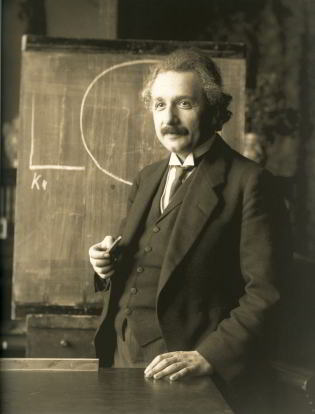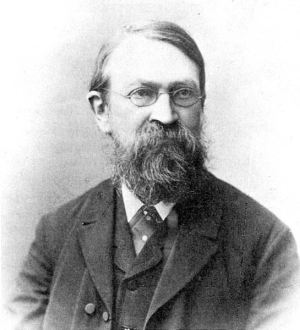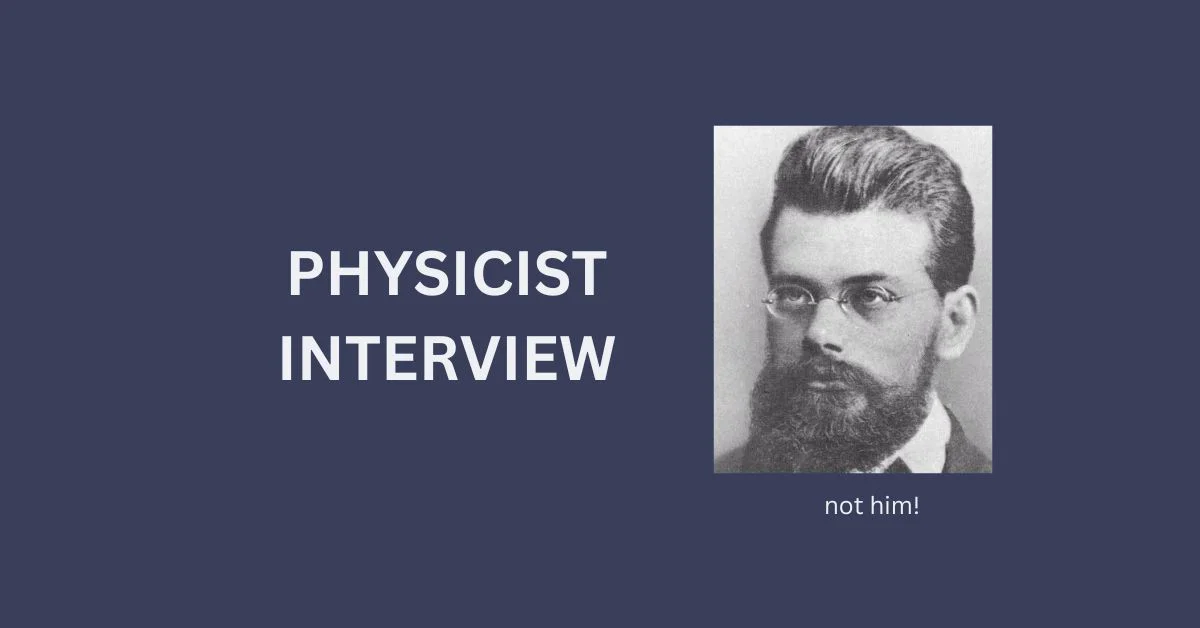10) You have studied a lot of physics and done some research. Did you enjoy it? What did you like about it? What did you not like about it?
I have much enjoyed the thrill of advancing humanity’s knowledge, it seems quite a romantic attempt. I actually had a professor who would say that you can’t get any nobler than that.
And it also gives you quite a lot of creative freedom.
What I did not like was that I found that my epistemological standards were mostly incompatible with how I was asked to validate my work. And this is not something related to simply being approved by people around you. But, you might not be allowed to do some of your work if you do not comply with their standards. Sometimes my standards were quite different.
11) Do you get the impression that when it comes to certain parts of physics, there are a lot of floating abstractions which nobody understands?
Absolutely, it even propagates back. Modern praxis is contaminating the teaching of classical concepts.
Einstein said that you do not fully understand a physical concept unless you can describe it in such a way that your grandma can understand it. I think that was a very good way of looking at it.

Well, unfortunately, there’s very little of this today.
It was Bohr who won that debate, so now the general trend is for lecturers to focus on the mathematical development of the theory, with extreme cases where you get scorned at for asking ‘why’.
And that is talking out of experience. I have seen a lecturer laughing at a classmate because she asked “But why is that the case? Why does that happen?”. And he pointed at the blackboard and said: “That is the mathematical proof, that is the ‘why’. There is no ‘why’ beyond that”.
So, there a quite a lot of floating abstractions. For example, when classical studied thermodynamics, which is a well-established theory, which was established between the 17th and 19th centuries, I was presented it in an axiomatic way. Pretty much in the same way very abstract mathematics is presented and constructed today.
So, we tried to deduce as much as we could from one axiom. And then once we couldn’t deduce any other things or once we came up with questions we couldn’t find an answer for in our set of axioms, we would add yet another one. And those axioms would eventually become the Laws of Thermodynamics.
It was a really rationalistic way of presenting the theory and it is exactly the opposite way to which it was induced and discovered.
So, the very same theory which was established in one way across many centuries can be flipped up and looked up from the opposite perceptive. And then what used to be so well established, sadly becomes a total floating abstraction and people really don’t get a hold of the theory.
So yeah, it even back propagates as I say.
Ashna: I dont think too many grandmas would understand much of anything proposed today even if they had a postdoc…
Juanma: That is quite true. We could try it. I have actually tried with my grandma and I would like to think some of the things she got her head around.
Ashna: If any grandma can understand string theory, she is the smartest in history…
Juanma: Well, you are quite right about that. Well, some of them do knitting, so you could use that analogy. Even if string theorists would tell you to go to the physicist hell because you are talking about a real thing like a thread.
12) Which philosophers do you think have the greatest influence on modern physics?
Theoretical physicists usually think that philosophy has no influence on their research and their methodology.
But, the fact is that Positivism in the late 1800s, devised by Ernst Mach, is at the foundation of the hypothetic-deductive method. Which is nowadays taught as a synonym for the scientific method.

The hypothetic-deductive method says you should first propose whatever comes to your mind and then see if evidence can back it up.
The inductive method says quite the opposite thing. You decide to look into some aspect of reality and then you make experiments and then you try to integrate that with the full context of your knowledge. So, it is kind of doing things backward.
But, this [hypothetic-deductive] method has been used and as I say, it has been taught as the scientific method. They don’t even make any mention of induction or any other way of understanding the real world.
Even if that has been the chief scientific method and that has been what has brought all of the important results in the history of science. But, nowadays it is completely forgotten.
So yeah, the hypothetic-deductive has been the most influential, ideological aspect of modern physics today.
This is what detaches the model from conceptual understanding. I think that is the most dangerous problem with this method. In my view, that is what lays the core of all this trend to forget about the physical meaning of the implication or causal relationships in the real world and to focus only on modeling and mathematical analysis.
Ashna: Yeah, you can prove almost anything if you start with your conclusion and work backward from that. Isn’t that what religious people try to do all the time?
Juanma: Yeah, maybe they have learned it from religious theorists.
13) If you could do one thing to improve the state of modern physics, what would it be?
I would teach philosophy and I would teach the importance of philosophy. That’s all there is at the heart of this whole mess. And, more specifically, I would explain why induction is a valid methodology while hypothetic-deductive approaches are flawed.
I think if you can get that in the minds of modern want-to-be scientists, then the whole of the world of academia and the world of scientific research will improve significantly.
You will basically get much better scientists when they know why they are doing it and why it is valid that they reason in one specific way and not some other.
Ashna: A lesson badly needed, given how dismissive many in the field are of philosophy. I dont think there are a lot of great inductive thinkers in the field or in any field for that matter.
Juanma: Other than teaching philosophy and letting it spread and gain influence all the time, I can really see nothing that can be done to improve scientific research.
Most researchers are far too stubborn to change their minds now and it is a saying among physicists that if you want a clever idea to spread out and become popular, you should first wait for the current generation of physicists to just retire or die before the new idea can really shine out.
And that is actually a really sad thing, but it is systematic of a really widespread problem in academia that some new ideas get rejected too quickly. When actually, science should be ready to accept reasonable proposals and new viewpoints.
Ashna: Yeap, they better start training the next generation of physicists in philosophy. They should put it in high school, certainly first-year college classes. Since it is at least as important as physics classes.

